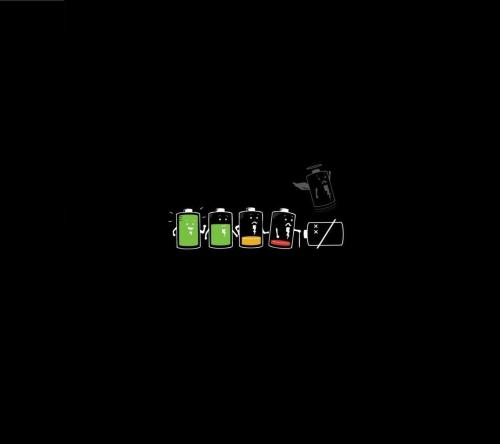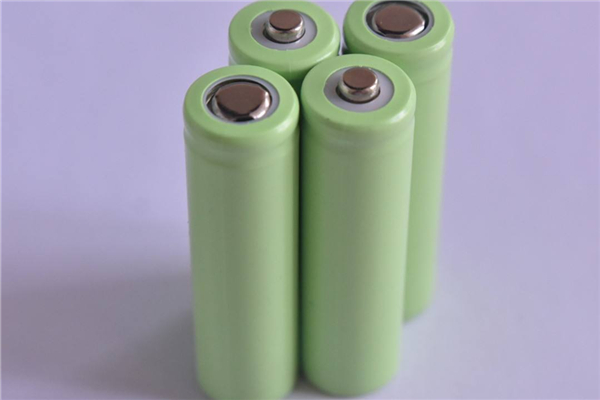Dry Cell Battery Vs Lithium Battery-Definition, Characteristics
Sep 11, 2019 Pageview:12472
What is dry cell battery?
There was a time when wet cells were available to run devices however these cells were too difficult to use as the liquid inside could spill anytime. They use to come in a glass container that had lead rods hanging all over the container. In this time, there was so much need of something more convenient to run portable devices and this is when dry cells were invented. In 1886, Carl Gassner, a German Scientist developed dry cell battery for the very first time. However, it was even more developed by Yai Sakizo, a Japanese scientist in 1887. And this modern version is used in almost all the places these days.
So basically, Dry cell is made up with the ions of zinc and carbon and due to this we also called it as Leclanché cell in common words. Dry cell doesn’t contain so much voltage like an alkaline cell and its voltage is usually up to 1.5 volts. You can say that alkaline cells and dry both are formed by using combination of zinc manganese dioxide so their almost properties like voltage limit is same.
If we talk about formation of Dry cell, it is made with zinc anodes, carbon cathodes, and central rods. The main thing you need to understand here is that zinc anodes are mostly used in a form of cylindrical pot in which rest of the matter in order to make cell ready to produce voltage. Moving on, ammonium chloride in the character of paste is also added in the formation of cell along with zinc anode. This is called electrolyte. However, there remains a space between both the enzymes and therefore another paste based on ammonium chloride and manganese dioxide is used. These two act as depolarizers in the space and increase the working capacity of dry cell. To make this dry cells more demanding from the market perspective, zinc chloride is used as a substitute of ammonium chloride.
Moreover, if we talk about why this cell is called as dry cell, we find out: the amount of moisture in dry cell is less and the amount is only enough to let the current flow easily. On the other hand, a wet cell has so much wetness in it due to which it is less prone to use in portable devices and machines. The liquid inside can spill anywhere and anytime.
What are advantages and limitations of dry cell battery and lithium battery?
Advantages:
Here are some advantages of Dry Cell Battery and Lithium Battery:
1.Fast Charging:
First advantage that comes with dry cell battery or a lithium battery is that it has rechargeable quality and gets charged too fast. It makes them reusable for so many times without an issue. Chargers of the batteries are easily available and you don’t need to do anything hectic or unusual to get them charged. Simply put then in the charger and leave for one and a half hour. The battery will be charged.
2.Enhanced Battery Life:
Another advantage due to which these dry cell batteries or the lithium ion batteries are loved by everyone and used more often is the enhance battery life. You don’t need to recharge these batteries while using them in high quality equipment or devices because it offers enough battery life. Such as, when you are using these dry batteries in laptops, you can watch complete movie and still battery life will be remaining.
3.Low Self Discharge:
Batteries of all types always discharge a liquid from them. The amount and frequency of liquid discharge is more in wet batteries. During this discharge, a liquid that’s considered battery life is emitted. Hence, life of battery gets less. However, it is not with dry batteries because their self-discharge quantity or frequency is low.
Limitations:
Here are some Limitations of Dry Cell Battery and Lithium Battery:
1.Energy Sensitive:
These batteries contain lithium ions inside them that’s known for their energy sensitivity. Being energy sensitive means, a slight change in temperature can affect its working and overall life. This is the reason, you need to keep them in a maintained temperature that’s neither too low nor too high.
2.Age Matters:
The basic age of lithium ion batteries is two years and after that you would have to do the replacement for sure. However, during these two years, you will feel no issue while using them and running high voltage devices on these batteries.
3.Transportation and Cost:
The buying cost and transportation rules are tough when it comes to lithium ion batteries. According to international transportation rules, transporting these batteries is not easy. Moreover, price of the batteries is slightly higher than other batteries.
What are characteristics of dry cell battery and lithium battery?
Some characteristics of dry cell batteries make them well-suitable for all types of devices. They are used in toys, office equipment, devices, and mobile phones etc. You can run bigger and high-efficient devices on dry cell batteries for longer periods of time and they can be recharged easily.
Characteristics:
Some best characteristics of lithium ion batteries are:
1.Less Weighty:
These batteries do not have so much weight like wet batteries. Therefore, when you put them in portable devices, they are still easy to carry and port. No increment in the weight of the device is enhanced.
2.Hold Charge Easily:
This battery is made with lithium ions and due to this it is very efficient to keep the charge. These batteries can be used for four to eight hours in bigger devices like laptops, mobiles, and cameras etc.
3.Gives you charge for 300 times:
You can recharge these batteries for more than three hundred times in one life. This recharging will never effect its performance or life.
Bottom Line:
Well, this is all about you wanted to know about dry battery. These batteries are good to go for longer periods and preferred by industries.
- Prev Article: Pouch Cells Lithium-ion Battery – Battery Type
- Next Article: Lithium Battery Vs SuperCapacitor-Application, Functions
Leave Message
Hottest Categories
-
Hottest Industry News
-
Latest Industry News











